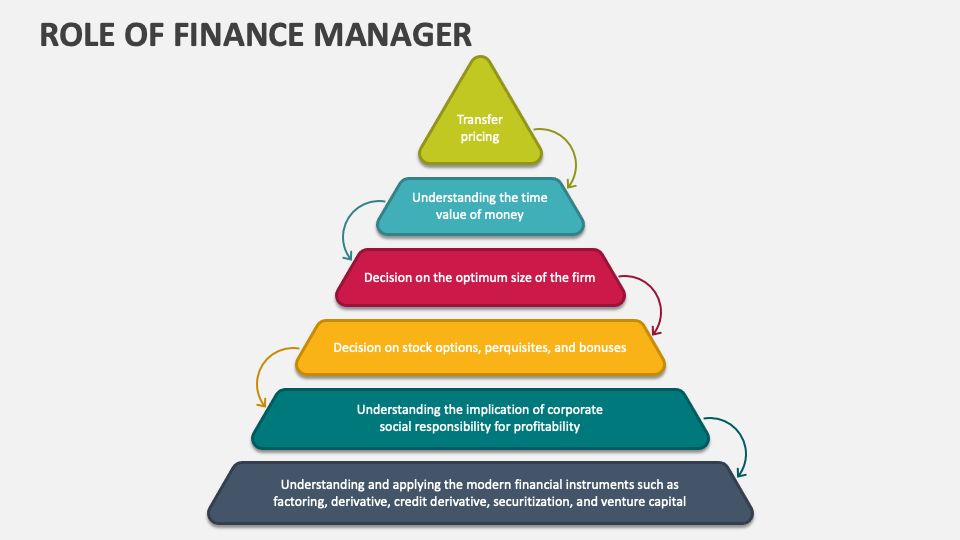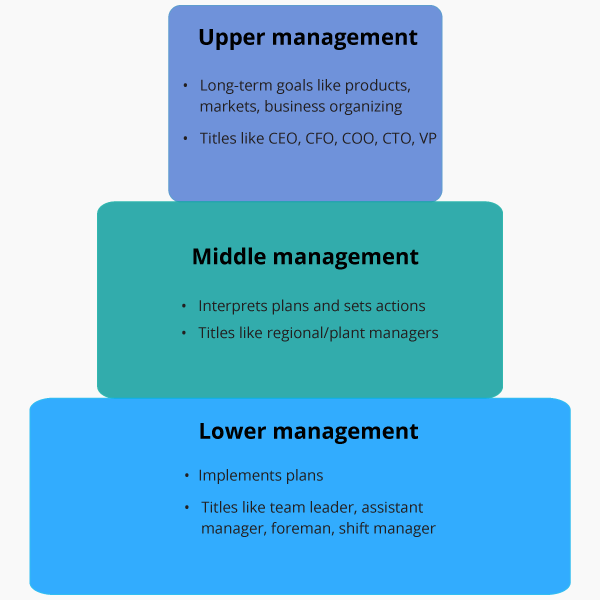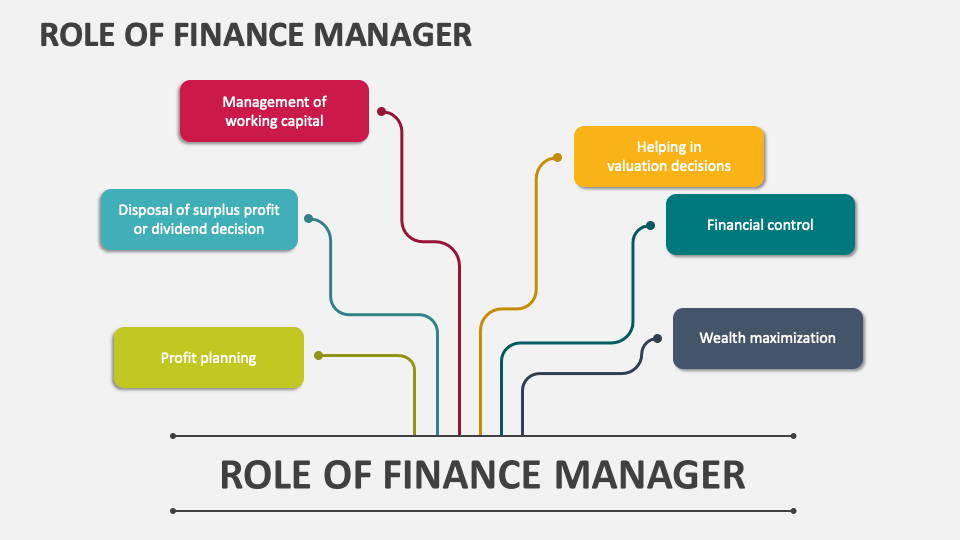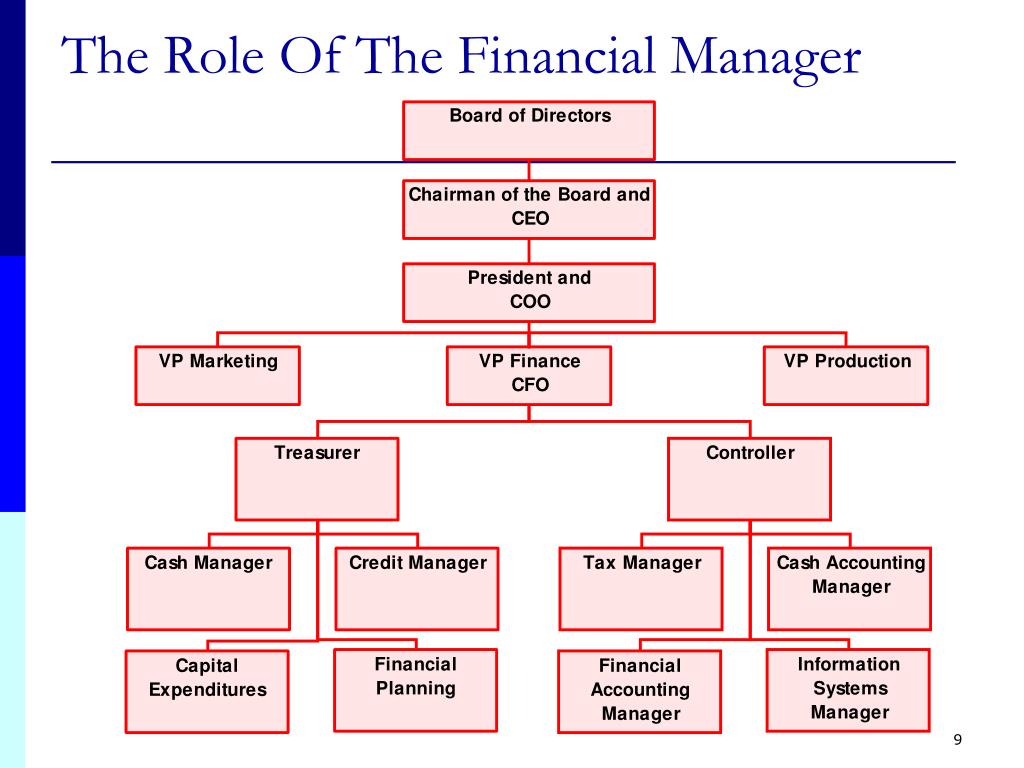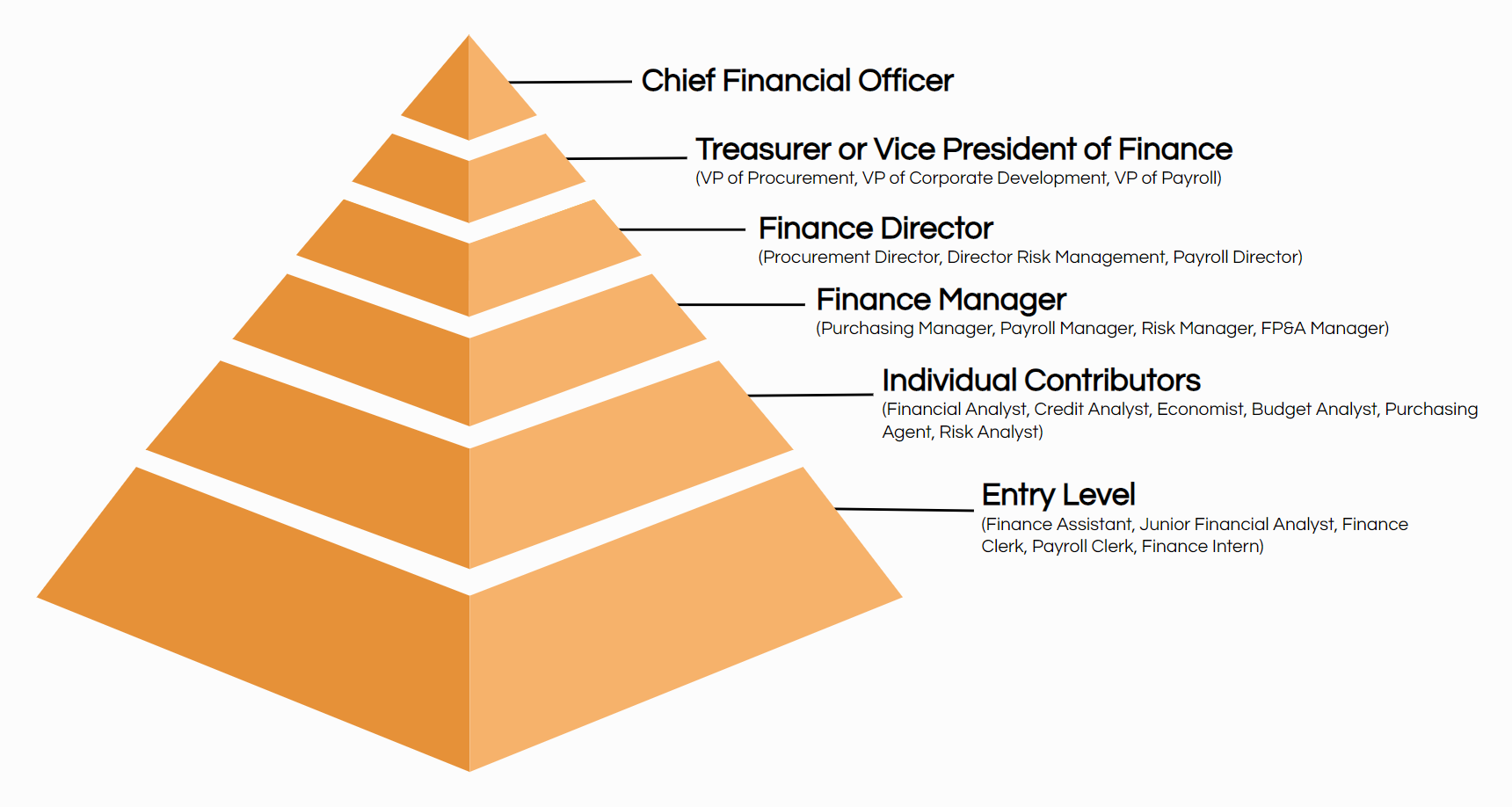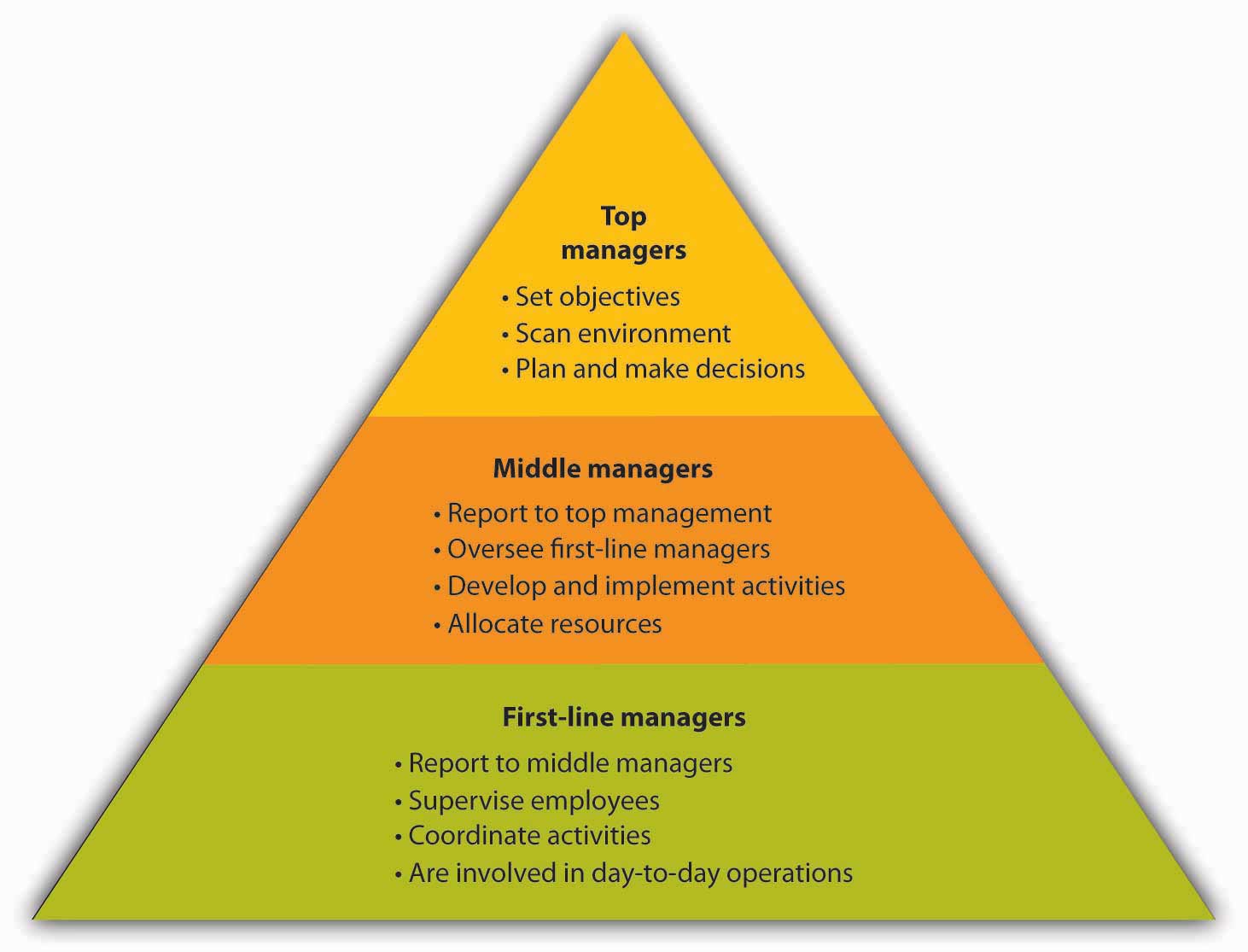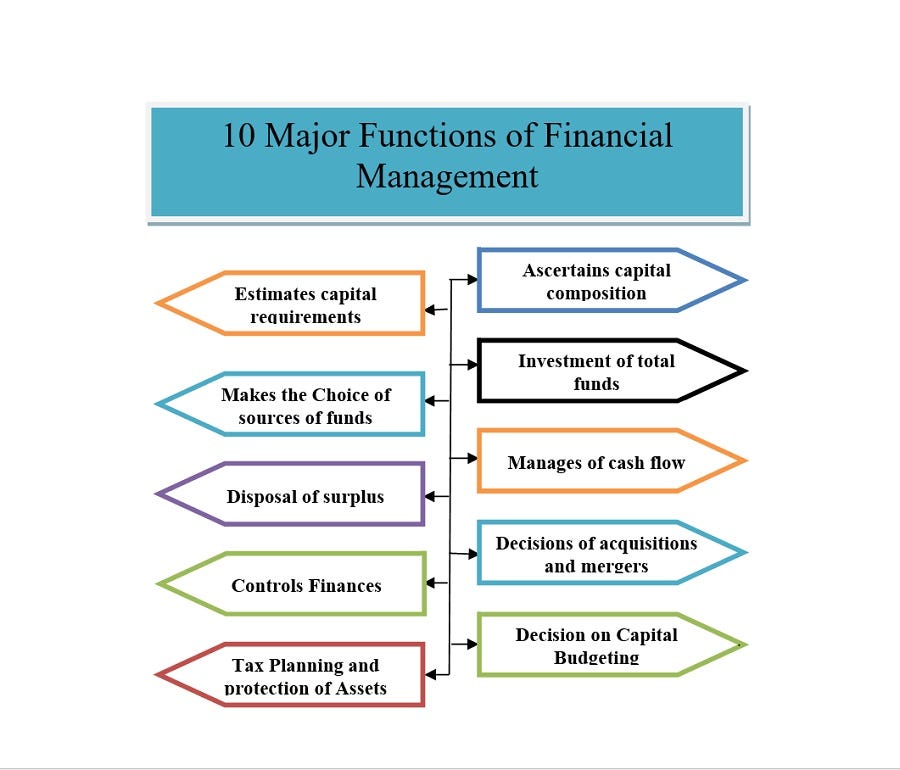Which Of The Following Is The Firm's Highest-level Financial Manager

The question of who holds the highest-level financial management position within a firm often elicits varied responses, reflecting the nuances of organizational structures and reporting hierarchies. Understanding this hierarchy is crucial for investors, employees, and anyone seeking to comprehend a company's financial decision-making processes.
This article aims to clarify the roles and responsibilities associated with top financial leadership, examining the positions typically involved and identifying which generally holds the ultimate authority in financial matters.
Navigating the Financial Hierarchy
A firm's financial department usually includes several key players, each with specific responsibilities. These roles often include the Chief Financial Officer (CFO), the Controller, the Treasurer, and potentially others depending on the size and complexity of the organization.
The Role of the CFO
The CFO is generally considered the highest-ranking financial executive within a company. Their primary responsibility is to oversee all financial activities, including financial planning, risk management, and financial reporting.
The CFO also plays a strategic role, advising the CEO and other senior executives on financial matters and contributing to the company's overall strategic direction.
The CFO's purview typically extends to investor relations and ensuring compliance with financial regulations.
Controller and Treasurer: Key Support Roles
While the CFO holds the top position, the Controller and Treasurer play vital supporting roles.
The Controller is responsible for accounting and financial reporting, ensuring the accuracy and integrity of financial data. They manage the accounting department and oversee the preparation of financial statements.
The Treasurer focuses on managing the company's cash flow, investments, and financing activities. This includes securing funding, managing debt, and overseeing relationships with banks and other financial institutions.
Identifying the Highest Authority
Although the Controller and Treasurer are crucial, the CFO ultimately holds the highest level of authority in financial management. The CFO typically reports directly to the CEO and has overall responsibility for the company's financial health.
This position provides strategic leadership and ensures that the company's financial resources are managed effectively. They also ensure alignment with the company's overall goals.
Factors Affecting the Hierarchy
The specific organizational structure can influence the exact delineation of responsibilities. In smaller companies, one person might hold multiple roles.
However, even in smaller firms, the individual with the overall responsibility for financial performance and strategy is considered the highest-level financial manager.
Company size and industry also play a role in the specific titles and responsibilities within the finance department.
Significance and Impact
Understanding the financial hierarchy within a company is essential for several reasons. Investors can gain insight into who is responsible for financial performance and accountability.
Employees can better understand the decision-making process and reporting lines within the finance department. Stakeholders, including lenders and suppliers, can identify the appropriate point of contact for financial matters.
Conclusion
In conclusion, while various roles contribute to a firm's financial management, the CFO generally holds the position of highest-level financial manager. They are responsible for overall financial strategy, performance, and reporting, making them a crucial figure in any organization.
The CFO's leadership and expertise are vital for ensuring financial stability and achieving long-term success.
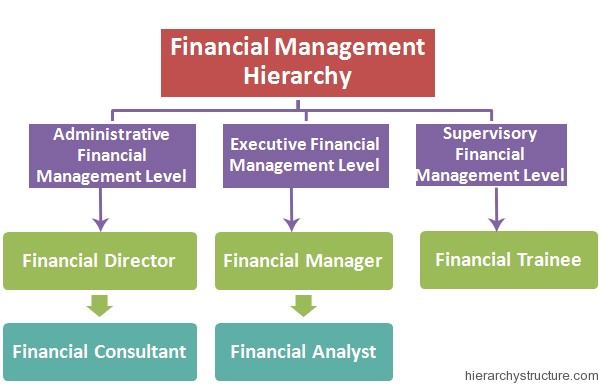
%2C+the+highest-level+financial+manager+within+a+firm..jpg)
